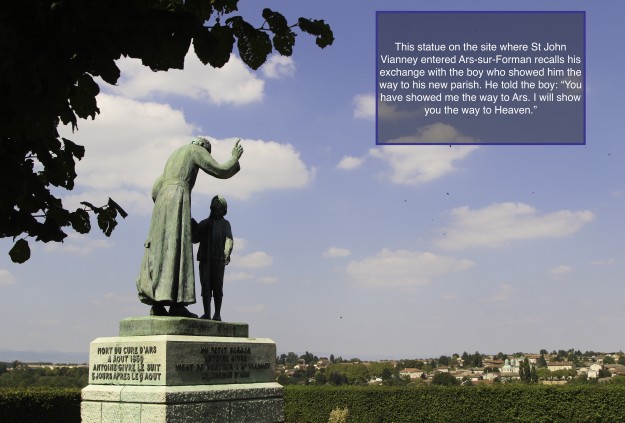From the Shepherds: Rejoice and Be Glad
In early April 2018, Pope Francis released his Apostolic Exhortation Rejoice and Be Glad, in which he invites us to respond generously to God’s invitation to holiness of life. We are called to be holy disciples of the Lord; but we need to learn from the witness of saints who have gone before us, not just officially canonized saints but also saintly people next door or in our extended family.
Desde los Pastores: Una catequesis de pertenencia
El papel de la familia como modelo catequético para el ministerio hispano

From the Shepherds: A Catechesis of Belonging
The Role of the Family as the Catechetical Model for Hispanic Ministry

To read this article in Spanish, click here.
Misioneros de esperanza hoy
En efecto, el cristiano no es un profeta de desventura... La esencia de su anuncio es lo opuesto, lo opuesto a la desventura: es Jesús, muerto por amor y que Dios resucitó la mañana de Pascua. Y este es el núcleo de la fe cristiana.
From the Shepherds: Missionaries of Hope Today
The Christian is not a prophet of misfortune. …The essence of the Christian proclamation is the opposite, the opposite of misfortune: it is Jesus who died for love and whom God raised on Easter morning. And this is the nucleus of Christian faith. If the Gospels had ended at Jesus’ burial, the story of this prophet would have been added to the many biographies of heroic figures who expended their lives for an ideal. The Gospel would then be an edifying book, and also a comforting one, but it would not be a proclamation of hope.
But the Gospels do not end on Good Friday. They go beyond it; and indeed, it is this additional fragment which transforms our lives. Jesus’ disciples felt dejected on the Saturday after the Crucifixion. The stone that was rolled against the door to the sepulchre had also sealed the three thrilling years they had lived with the Teacher of Nazareth.
St. John Vianney – A Saint of the New Evangelization, Part 3: The Holiness of the Catechist
In this final installment, we reflect on the most essential characteristic of an effective catechist for the new evangelization: allowing Christ to transform us through holiness of life. Among all of the words spoken during the pontificate of Blessed Paul VI, there is one phrase most often repeated today that came to prominence in one of his last letters, Evangelli Nuntiandi. It was his observation that “modern man listens more willingly to witnesses than to teachers, and if he does listen to teachers, it is because they are witnesses” (41).
From the Shepherds: St. John Vianney – A Saint of the New Evangelization, Part 2: The Priest as Catechist

From the Shepherds: St. John Vianney – A Saint of the New Evangelization, Part I
 In this three-part series, I want to focus on a Saint of the New Evangelization who many of you will already have met in the Communion of Saints: St.
In this three-part series, I want to focus on a Saint of the New Evangelization who many of you will already have met in the Communion of Saints: St.
From the Shepherds: Discipleship Goes Beyond Information
What was it about St. Mother Teresa that gave her such broad appeal? Did she say something new about the Catholic faith, offer people some sort of entertainment, or appeal to them with her physical beauty? Anyone with even a superficial awareness of her life would know it was none of those things.
Venerable Archbishop Fulton Sheen vividly described the modern thirst for witnesses like Mother Teresa in his book, Remade for Happiness. He wrote, “When you see people crowding into theatres, charging cocktail bars, seeking new thrills in a spirit of restlessness, you would conclude that they have not yet found pleasure, otherwise they would not be looking for it.” One could easily add to this more modern distractions like texting, messaging friends on Snapchat, browsing Facebook, or watching the latest viral video.
From the Shepherds: Teaching about Indulgences
During the Jubilee Year of Mercy, Pope Francis gave us much to think about, pray about, and work on. He also gave us an opportunity to gain a special plenary indulgence, by passing through a designated Holy Door and performing certain holy acts with devotion. What a great grace!
In order to teach about indulgences, we need to be able to explain them, which can be challenging.


